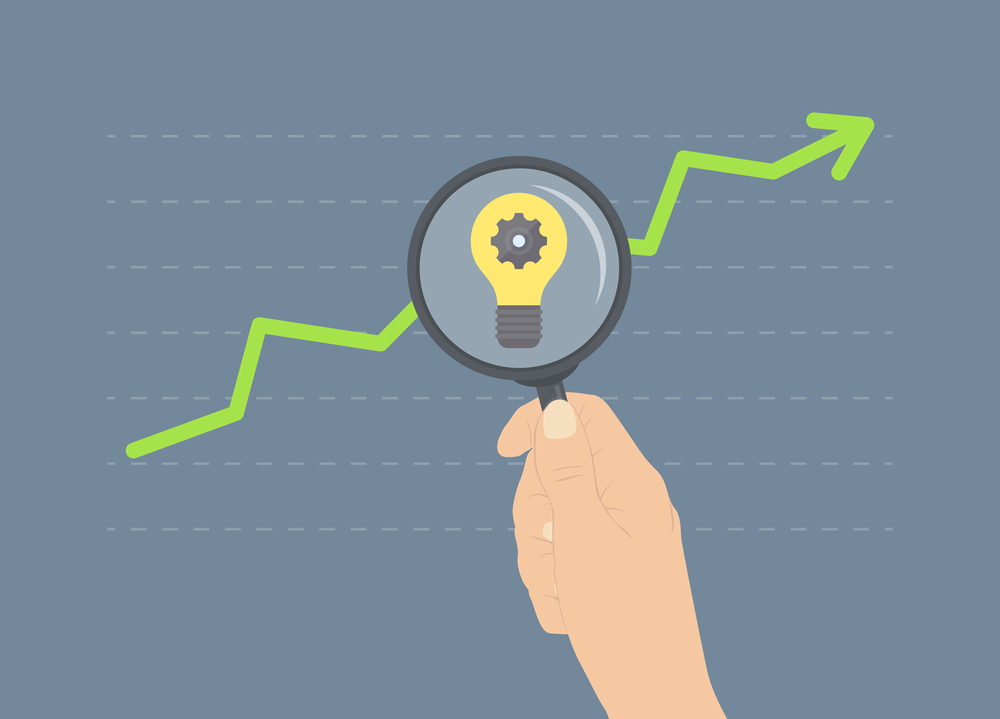The Phillips curve represents the relationship between the rate of inflation and the unemployment rate. Although he had precursors, A. W. H. Phillips’s study of wage inflation and unemployment in the United Kingdom from 1861 to 1957 is a milestone in the development of macroeconomics. Phillips found a consistent inverse relationship: when unemployment was high, […]| Econlib
Robert Lucas was awarded the 1995 Nobel Prize in economics “for having developed and applied the hypothesis of rational expectations, and thereby having transformed macroeconomic analysis and deepened our understanding of economic policy.” More than any other person in the period from 1970 to 2000, Robert Lucas revolutionized macroeconomic theory. His work led directly […]| Econlib
Keynesian economics is a theory of total spending in the economy (called aggregate demand) and its effects on output and inflation. Although the term has been used (and abused) to describe many things over the years, six principal tenets seem central to Keynesianism. The first three describe how the economy works. 1. A Keynesian believes […]| Econlib
New Keynesian economics is the school of thought in modern macroeconomics that evolved from the ideas of John Maynard Keynes. Keynes wrote The General Theory of Employment, Interest, and Money in the 1930s, and his influence among academics and policymakers increased through the 1960s. In the 1970s, however, new classical economists such as Robert Lucas, […]| Econlib




